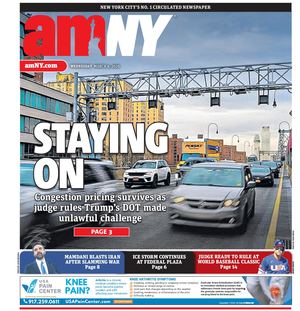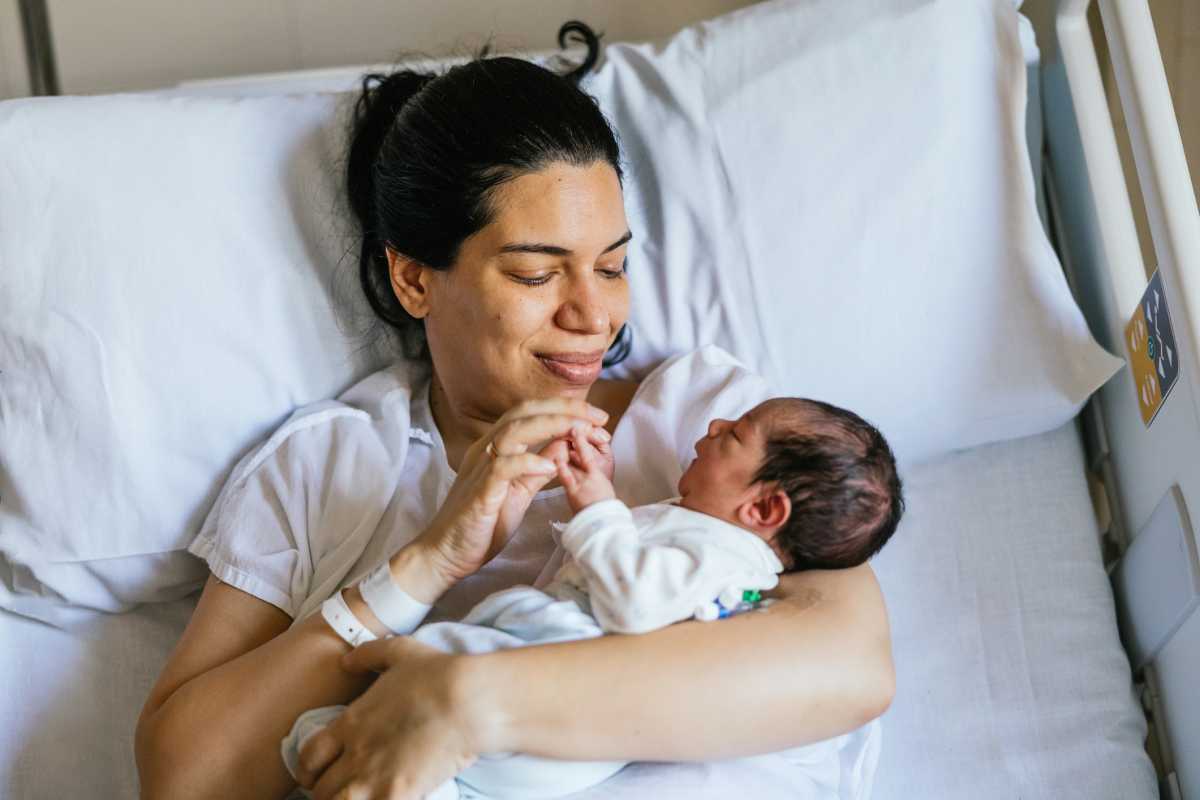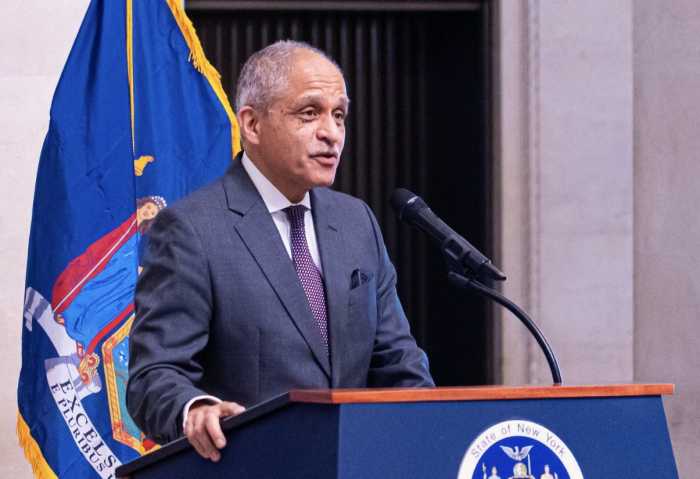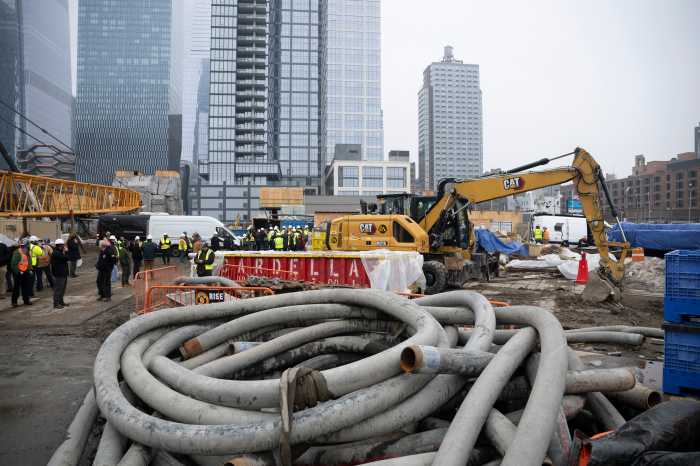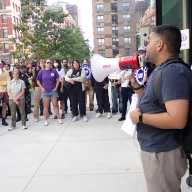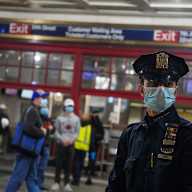August is not Women’s History Month.
It is, however, National Breastfeeding Month. It is also the anniversary of the 19th Amendment which gave women the right to vote. And now, in 2025, it is the first year that women have been guaranteed paid prenatal care leave here in New York – or anywhere in this country. This on the heels of the federal Pregnant Worker Fairness Act and the implementation of New York’s paid lactation break law.
Employers need to understand this evolving landscape and workers need to know their rights.
NEW YORK PRENATAL CARE LEAVE
Since January, all employers have been required to give all pregnant employees, regardless of how long they have worked for the employer or their weekly schedule, 20 hours of paid prenatal care leave every 52 weeks. The leave must be offered in one-hour increments, and can be used for “physical examinations, medical procedures, monitoring, testing, discussions with a health care provider needed to ensure a healthy pregnancy, end of pregnancy care, and fertility treatment.”
This is in addition to any other leave which the worker is entitled to. In the case of women’s health issues, that bundle of rights also includes paid family leave to bond with a child, and paid lactation breaks upon return to work from PFL or maternity leave.
PAID FAMILY LEAVE (PFL)
State law since 2018, PFL provides up to 12 weeks of paid leave to, among other reasons, bond with a newly born or adopted child. It is not, however, paid by the employer. Employers are required to secure an insurance policy, paid for by wage deduction, that pays the employee a certain benefit if a claim is approved.
This differs from the federal Family Medical Leave Act (FMLA) which grants unpaid but similarly protected time off for many of the same conditions as state leave, plus an employee’s own medical condition. Statistically, women more than men use their FMLA leave. This is attributed to their unique healthcare needs related to childrearing. Here in New York, the laws designed to address those challenges also include paid leave to express milk for breastfeeding mothers.
LACTATION BREAKS
In 2018, New York passed a law requiring employers to provide accommodations and break time up to 30 minutes to express breast milk. Those breaks must now be paid, on top of all other required breaks, and may be taken as many times per day as the employee “reasonably” needs.
NOTICE REQUIREMENTS
Most leave laws require notice of some kind to employees, and specify how that notice must be provided. The requirements are a combination of distribution to employees individually (those laws that require individual notice also generally require electronic notice), and posting in an employee common area.
As with New York labor laws overall, each law has its own requirement that should be verified by whomever handles a business’ compliance. For more and more employers that means a service provided by their payroll company. Unfortunately, that is not legal advice so when it does not work out, employers are left with expensive mistakes and no recourse. Here in New York, particularly with the number of remote or hybrid employees, employers have to be sure they know all the rules and to whom they apply.
CONSEQUENCES
Leave issues are often attached to cases alleging other violations. In the case of women’s health issues, the interplay tends to be with harassment and other discrimination causes of action. There are, however, a couple circumstances that can lead to significant liability on their own.
First, denying the use of the leave. Employee handbooks traditionally included a waiting period for the use of leave. That is no longer legal. Employees are entitled to use their paid safe and sick leave as soon as it is earned – at the rate of one hour for every 30 worked beginning from their day of employment. To delay the use of their time is to deny it, resulting in wage violations – up to three times the amount unpaid due to misapplication of the leave laws.
Second, retaliation. And it is subtle. And the enforcing bodies are aggressive. Just asking employees to be more mindful in their scheduling leave has led to significant fines and penalties.
Paid leave is necessary because people need to be able to take care of themselves and their families while still supporting them. It is, quite frankly, also in the best interest of employers to have employees who have the time they need to handle their personal lives. As women’s roles and rights in the workplace evolve while their biology does not, the rules have to change. Here in New York, our laws are leading that charge, and employers and employees alike need to be paying attention.
Rachel Demarest Gold has been serving Abrams Fensterman as a partner since 2016 and has worked in the labor and employment, criminal, government litigation, and law and policy practice groups.
